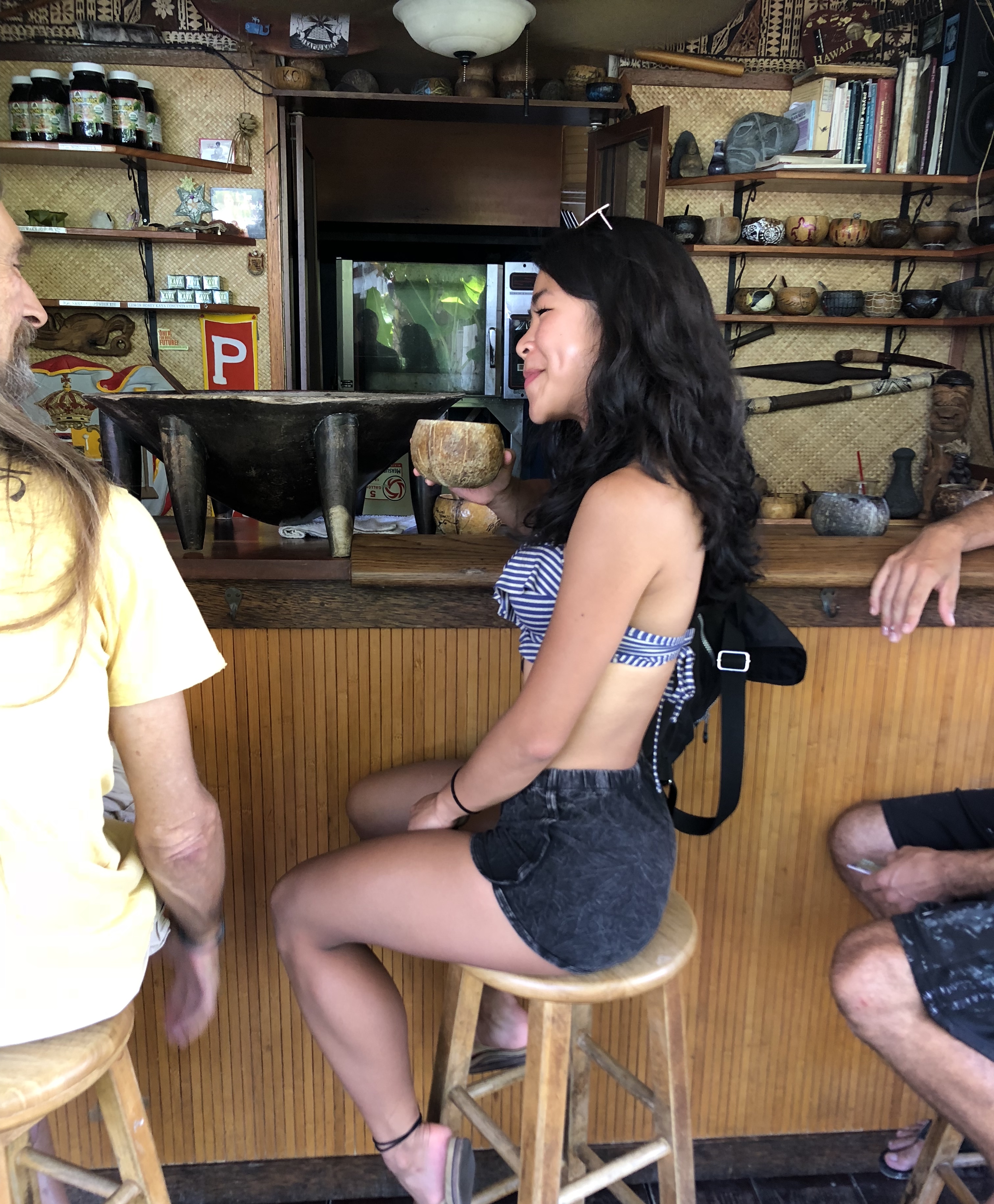Reshaping Confidence
Demonstrating and practicing confidence is a seemingly tall order with the proliferation of great successes algorithmically presented to us on a daily basis. Achievements are celebrated but failed iterations are footnotes. Unsurprisingly, lacking confidence, or lacking trust (from the Latin root fidere) in oneself has sowed the seeds of imposter syndrome, inferiority complex, insecurity, and self-doubt in our culture. Each enterprise the hesitant self is excessively deluded to lose faith, further fueling this divination. Women tend to struggle with this to a greater and broader extent from systematic chauvinism, a lack of role models (read my list here), and society’s obsession with shallow undertakings.
To that end, I lament that a mental health crisis among young girls threatens our future leaders, scientists, and creative minds deteriorating under the critical gaze of omnipotent social networking platforms. Instead of collaborating on ideas, tackling crucial modern inadequacies and injustice, or forming meaningful relationships with one another, an emphasis is placed on getting views and likes on the perfect photo or reel. While the “selfie” can portray self-empowerment and confidence, the overall impact to humankind is a pretense harboring undesirable competition and prevalently, a negotiation with societal standards of physical beauty.
You might find it hard to believe (at least my mom, a source of requited love, did) that I struggle with confidence. Growing up in California, I was surrounded by blue-eyed blondes with tall, slim legs while the media flaunted Kate Moss and Heidi Klum. As I “matured” and started caring more about my appearance, I began to resent my differences that were actually desired by men and women alike. Despite the bewildering attention and constant affirmation I received from strangers, I would still find things to nit-pick and criticize about myself. I do not wish to trivialize the issue of confidence with my own experience–my privilege is an adbridgement to the real quandary of our personal values and on society’s as a whole.
At the end of his life, René Descartes in The Passion of the Soul revisits his grand adage: “I think, therefore I am” to the lesser known “I regard with compassion, therefore I am”.
Self-esteem, in alignment to my idea of confidence, is the replete regard of the identity fulfilled by invaluable lessons and distinguished experiences in agreement with my principles. True self-esteem is not an external attribute nor does it become embodied from having followers or admirers as I can attest… Only you can identify and testify your own excellence and farther yet, your mark on this world.
Self-doubt, on the other hand, can be measured with higher-order evidence on the basis of epistemic philosophy, in which exists first-order beliefs and second-order beliefs (the belief within) that may provide rational calibrations to a set of practical scenarios. The approximation befalls onto Bayesian convergence theorems, which “tells us that if the world isn’t systematically deceptive then the misleading defeaters will be washed out, that is defeated by some other evidence, in the long run.” Roughly speaking, the conditions of self-doubt can be rational and even emboldened. However, I am beginning to dive into the realm of defeasible reasoning as an argument for subjugating moral perplexities with impenitent logic and for the sake of reconditoning the values of confidence, as Descartes affirms, requires compassion.
Perhaps these are the ramblings from someone who has grown tired and anxious over the percipience of prepossessing the unrelenting gaze of others. With confidence nothing I am saying is original: you should believe in your abilities, forget the haters (the modern day defeater), and make a conscious effort every day.
Here are some things I’m working on that helps me establish more confidence:
✵ Helping others
I can’t think of better way to demonstrate competence and knowledge than by selflessly supporting and helping someone else.
✵ Smelling good
Other than maintaining good hygiene, perfume is a luxury I invest in proven to have psychological benefits. I like to rotate the “Soph smell” every so often or depending on the season and the feelings I carry in whatever era of life I’m in.
✵ Doing hard things
Each iteration cultivates improvement and percolates resilience.
✵ Wearing flattering and comfortable clothes
Know what works for your body. Certain shades of pink throw off my natural/season color palette and mid-calf boots, though I love them, are usually not a good fit for me. Doc Martens, though, definitely make me feel badass.
✵ Mastering small talk
It’s a necessary skill that will get you far in life. For a long time, this fell under “doing hard things” but it deserves special recognition for the way that it can get a smile out of everyone and segued into deeper conversations and connections.

✵ Being grateful and being kind
The former allows me to stay grounded and the latter works wonders against the defeaters, including yourself.
✵ Letting go of things that don’t serve you
To succeed with the first point, be wary of any superfluous tendencies to people-please. Evaluate the things that are draining you because you should be investing the majority of your energy on self improvement so you can better help others. Excessive drinking, social media, gambling, and unhealthy relationships are just a few examples that are stealing your time and potential.
✵ Being silly
Don’t hold back and don’t negotiate who you are.
culture women lifestyle philosophy 